Sherburne woman’s sanitation project making a difference in Haiti
NORWICH – It’s a world away, but the tiny nation of Haiti has, sadly, been in the news nearly every day this year.
From the Jan. 12th hurricane that killed more lives than the population of four Chenango Counties, the ensuing cholera epidemic that took 2,323 more and left nearly 104,000 people sick, to the recent violence spurred by controversial political elections, the world has wept for this devastated country in the Caribbean.
The picture painted in the news and on TV often highlights the hundreds of volunteer aids and relief organizations that rushed to Port-au-Prince to erect emergency shelter, provide food, drinking water and medical care, and to clear transportation routes. Their work continues today, even amidst the opposing political parties’ raging fires, tear gas explosions and gun shots.
Amazingly, the story is brought closer to home when learning that one of the organizations making an important contribution to the cause was co-founded by a woman who grew up in Sherburne.

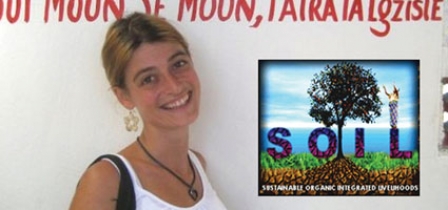

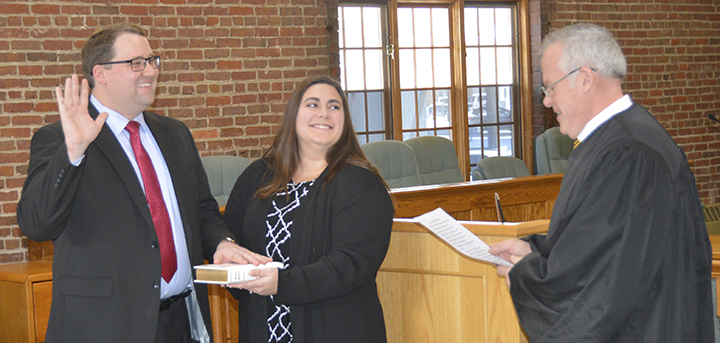



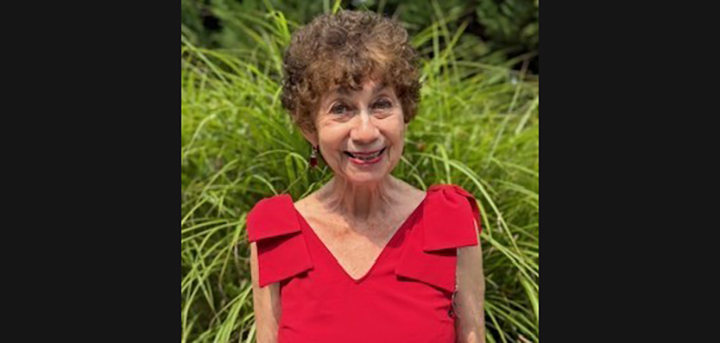
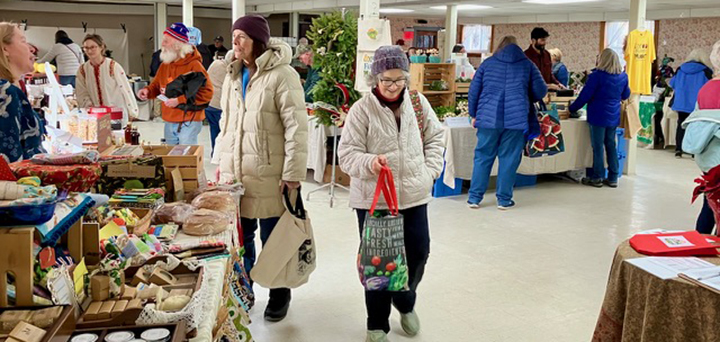
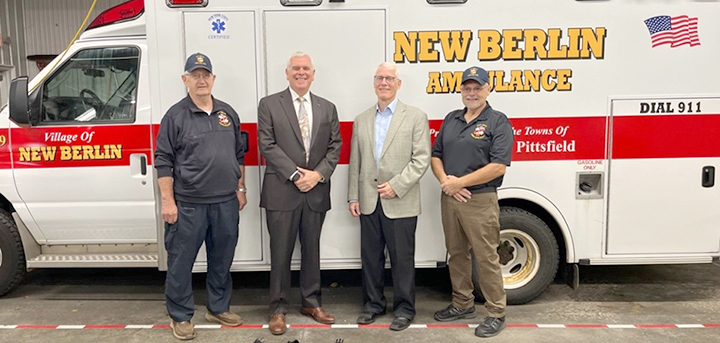


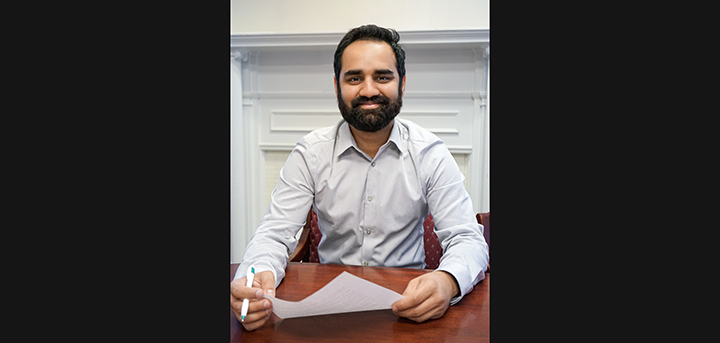

Comments